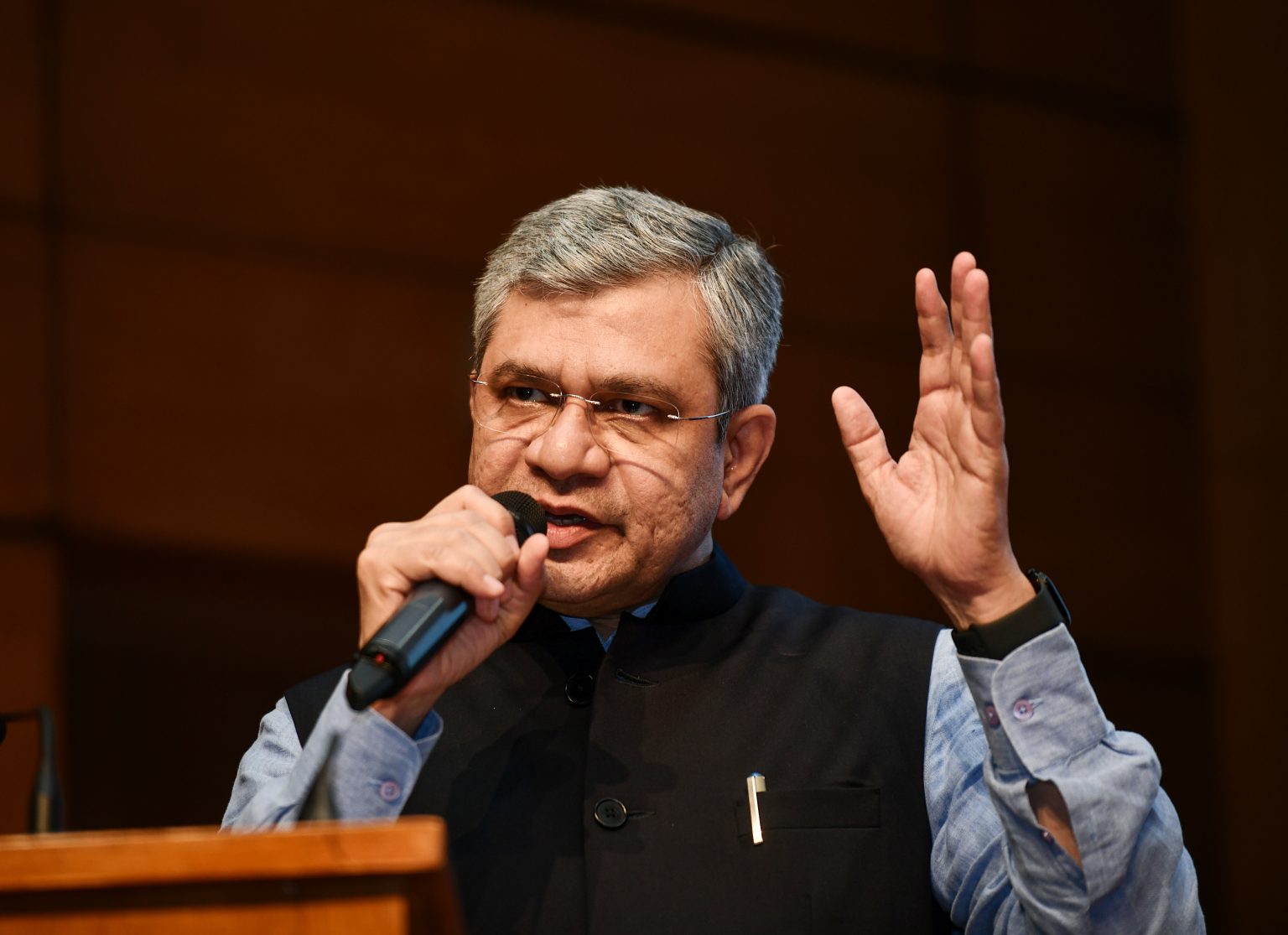The Ministry of Electronics and Information Technology on Monday cleared 17 additional proposals under the Electronics Components Manufacturing Scheme (ECMS). With a total investment of ₹7,172 crore, the projects are expected to generate production worth ₹65,111 crore and create 11,808 direct jobs across the country, according to the ministry.
This latest round of approvals follows an earlier tranche of seven projects worth ₹5,532 crore. The new projects are spread across Goa, Gujarat, Jammu & Kashmir, Karnataka, Madhya Pradesh, Maharashtra, Tamil Nadu, Uttar Pradesh and Andhra Pradesh, expanding the programme’s regional footprint and supporting the government’s push for high-skill manufacturing beyond major cities.
The companies approved include Jabil Circuit India and Zetchem Supply Chain Services, which will set up India’s first optical transceiver manufacturing units. Rakon India will produce precision oscillators, while Aequs Consumer Products will make enclosures for laptops and smartwatches. Camera modules will be manufactured by ASUX Safety Components, Uno Minda and Syrma Mobility, and TE Connectivity India will produce electronic connectors, the ministry said.
Nine other firms have been cleared to manufacture multi-layer printed circuit boards for sectors ranging from smartphones and wearables to EVs, telecom, defence and renewable energy, the ministry added.
Highlighting the scale of the scheme’s ambitions, Union Electronics and IT Minister Ashwini Vaishnaw said ECMS is driving the next phase of value chain integration, moving Indian manufacturing deeper into components and sub-assemblies. He said the scheme will help steer India’s electronics industry to a manufacturing value of $500 billion by 2030–31.
Industry applicants welcomed the government’s approach under ECMS, noting that MeitY’s fast-track clearances, transparent processes and active engagement have boosted investor confidence and strengthened India’s position as a reliable global manufacturing hub.
At the event, Vaishnaw also unveiled ARKA-GKT1, an energy-efficient edge Silicon Chip developed by Cyient Semiconductors and Azimuth AI. The chip integrates advanced computing cores, hardware accelerators and secure sensing, and is designed to deliver up to 10 times higher performance for applications in smart utilities, cities, batteries and industrial IoT.
The IT Minister said ECMS demonstrates India’s readiness to compete with global manufacturing powerhouses and reflects the country’s commitment to building resilient and trusted supply chains.














